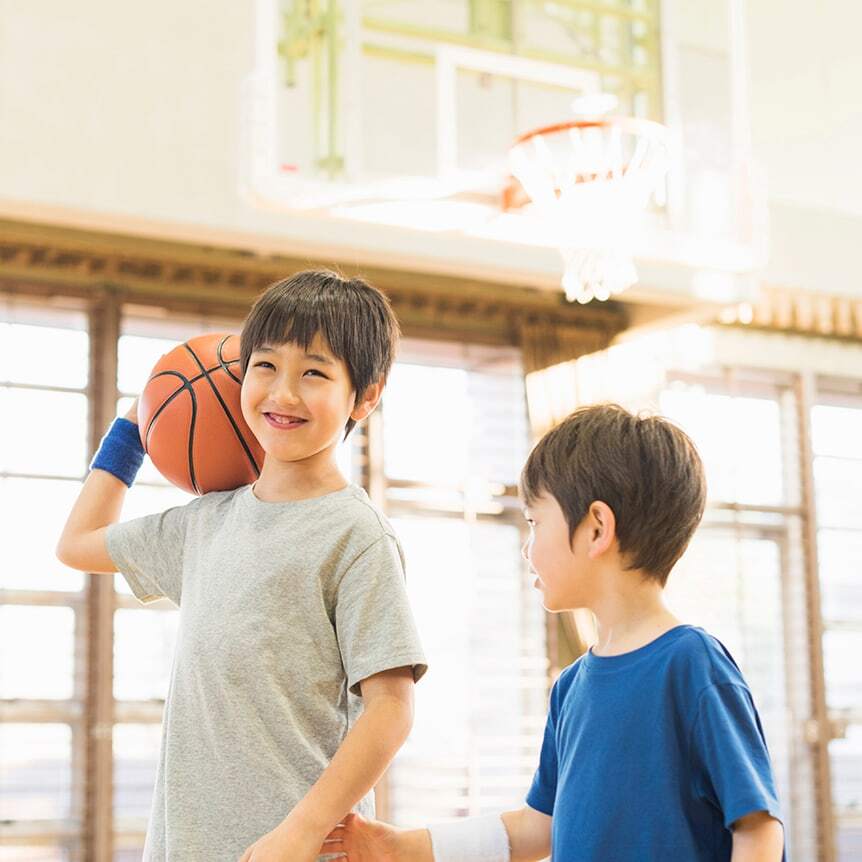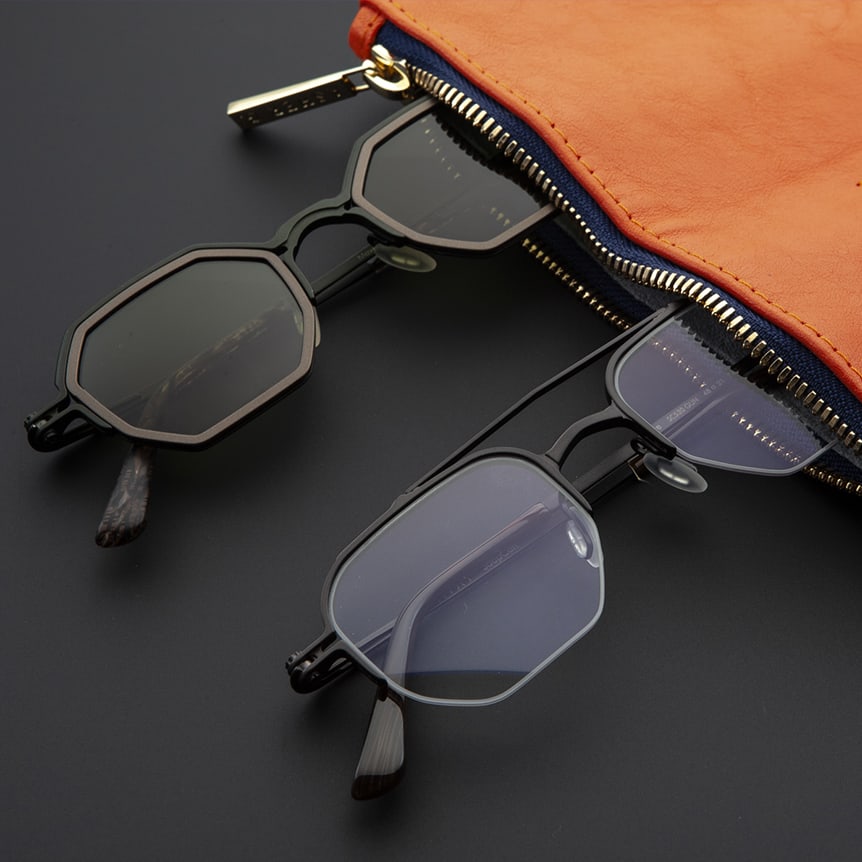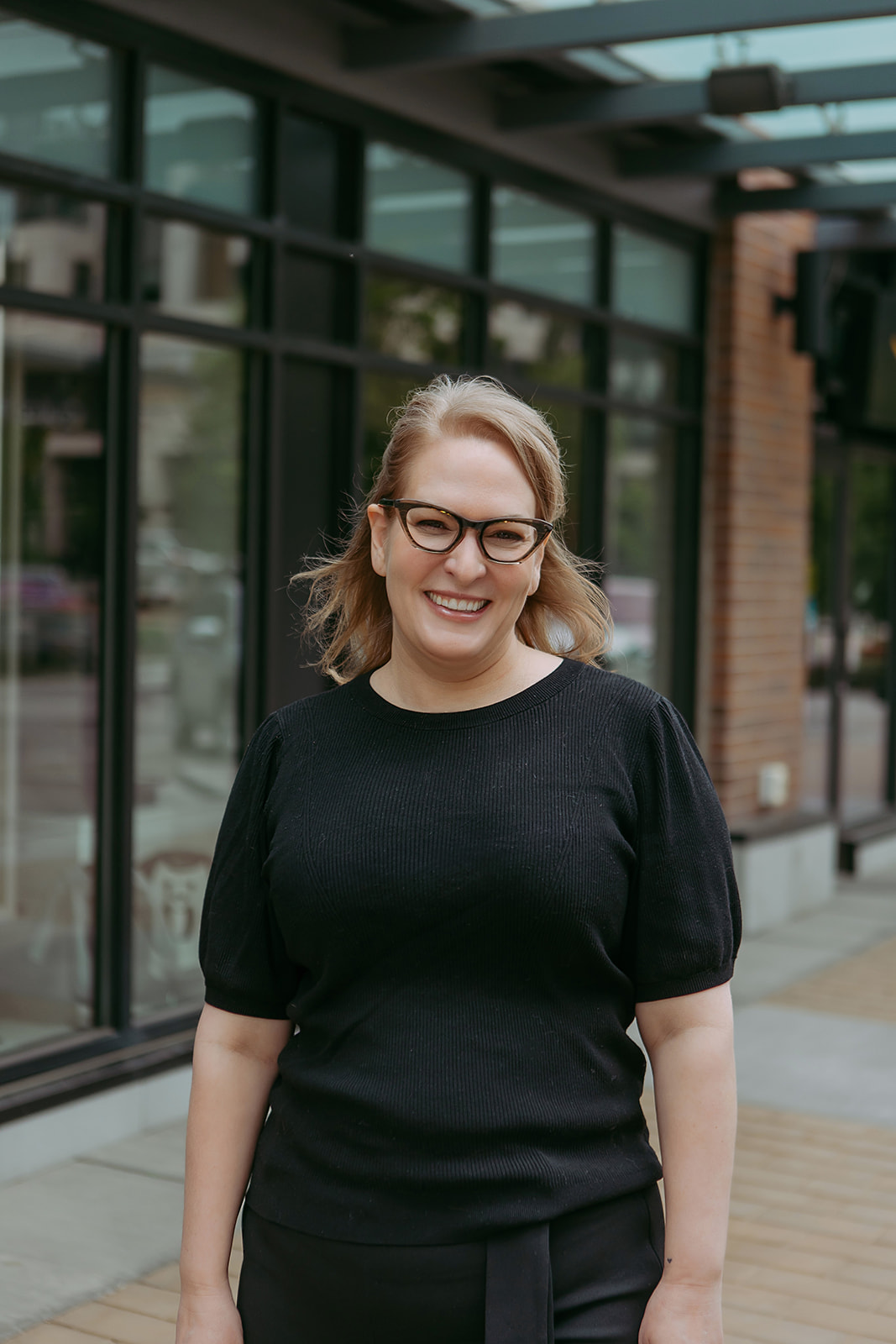In the spirit of respect, reciprocity and truth, we honour and acknowledge moh’kinsstis, and the traditional treaty 7 territory and oral practices of the blackfoot confederacy: Siksika, Kainai, Piikani, as well as the Îyâxe nakoda and Tsuut’ina nations. We acknowledge that this territory is home to the Métis nation of Alberta, region 3 within the historical northwest Métis homeland. Finally, we acknowledge all nations – indigenous and non – who live, work and play on this land, and who honour and celebrate this territory.
This sacred gathering place provides us with an opportunity to engage in and demonstrate leadership on reconciliation. Thank you for your enthusiasm and commitment to join our team on the lands of Treaty 7 territory.











